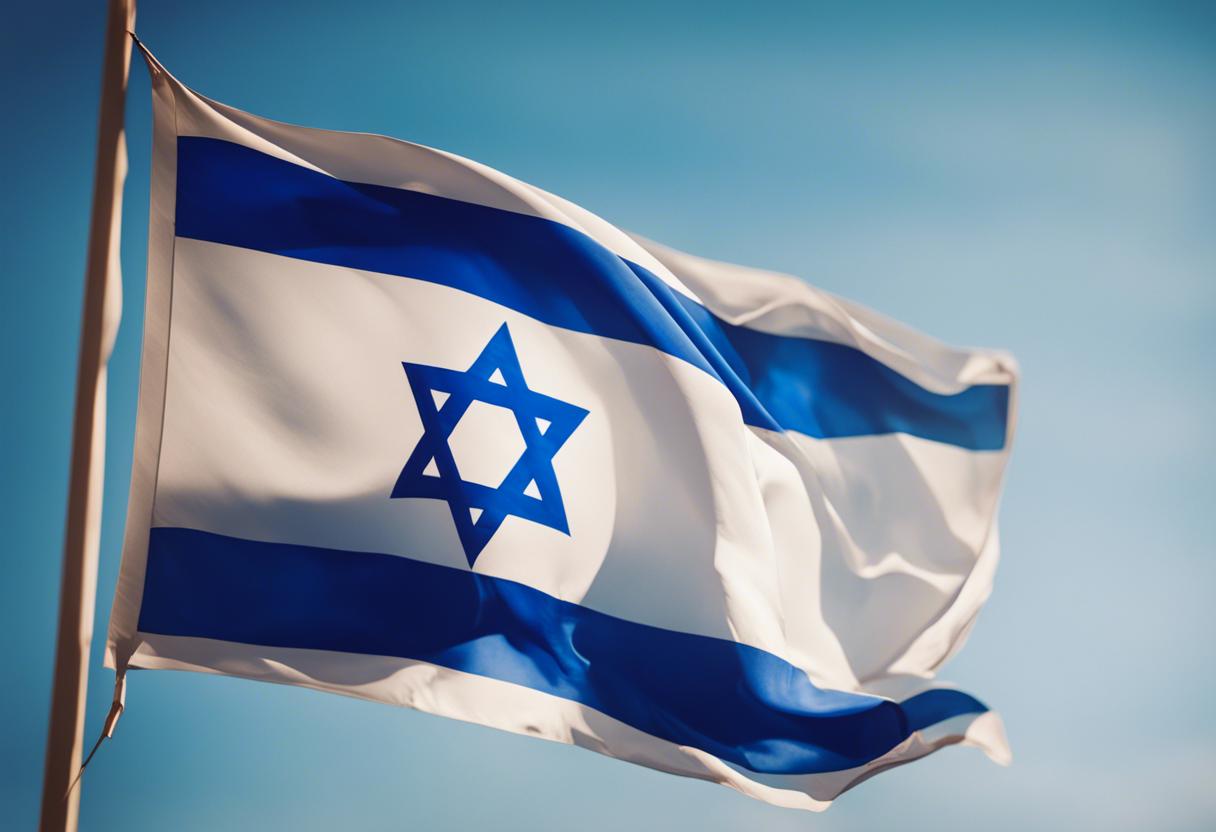The Israeli Ambassador to Ireland, Dana Erlich, has not returned to her post, with the Israeli embassy in Dublin stating her return is contingent on significant improvements in Israel-Ireland relations. Ms. Erlich was summoned back to Israel for discussions after Ireland announced its recognition of Palestine as a state on May 22nd, a move that was seen by Israel as a diplomatic protest. Minister for Foreign Affairs of Israel, Israel Katz, labelled Ireland’s decision as a validation of terrorist acts, particularly referencing the October 7th terrorist activities perpetrated by Hamas which resulted in over 1,100 Israelis being killed, predominantly civilians.
The spokesperson for the Israeli embassy in Dublin declared on Friday that Ms. Erlich will not return unless there was a fundamental shift in Ireland’s stance on Israel-Palestine issues. The spokesperson further commented that the Irish government’s posture and pronouncements are viewed as unfriendly and inconsistent with the principles of bilateral cooperation, adding that under more pleasant circumstances, they look forward to the ambassador resuming her duties in Dublin to continue her important role.
Ms. Erlich remains the ambassador to Ireland despite being stationed in Jerusalem from where she has been criticising Ireland’s stance on the issue. Israel has also withdrawn its ambassador from Norway and threatened the same with Spain, following recognition of Palestine by both countries. However, the return of the Norwegian ambassador has yet to occur.
The Irish government views Ms. Erlich’s continued absence as a continuous diplomatic protest against the nation’s recognition of Palestine, but also sees it as an intention from Israel to maintain diplomatic ties rather than sever them completely. Historically, the relationship between Ireland and Israel started showing signs of strain post the commencement of the Gaza war, which saw over 40,000 casualties, largely civilians.
Ireland has persistently voiced its disapproval of civilian casualties, making its stance more pronounced than a majority of its fellow European Union members. The country demanded a reassessment of the EU’s commercial agreement with Israel in February, an agreement hinged on the upholding of human rights. The next month, Ireland elected to support a case initiated by South Africa in the International Court of Justice (ICJ) that questioned whether Israel’s actions could be categorised as genocide.
Micheál Martin, the deputy Prime Minister of Ireland, clearly stated in the previous month that Ireland will refrain from presenting contract offers for weapons supplies to Israeli military firms. Simon Harris, the Prime Minister, has requested additional legal counsel from the Attorney General to determine the legality of the EU-Israel trade agreement, considering an ICJ judgment that deemed Israel’s occupation of Palestinian territories as unlawful.
Despite consistent pleas, the Irish government has continually declined to expel the Israeli ambassador, emphasizing the significance of maintaining open diplomatic channels.
In retaliation to Ireland’s stance, Israel has imposed multiple diplomatic sanctions, including the official reproach of Irish Ambassador Sonya McGuiness in May. Ms. McGuiness was summoned to Israel’s foreign office and shown footage of the calamitous events of October 7th, as part of a robust diplomatic reproof, described by the Israeli government as a “severe démarche”. Depicting this reaction as “absolutely inappropriate and in no way a fitting manner to deal with diplomats” was the Deputy Prime Minister.
Besides this, Israel had put a stop to facilitating visits by Irish and Norwegian diplomats to the West Bank and Gaza and was noticeably less accommodating with Irish officials based there, according to sources.
Preceding inquiries on a Friday, the Israeli embassy in Dublin put forth the statement that the resolution to recall Ms. Erlich was a serious one, as it came “in the wake of a disturbing rise in anti-Israel rhetoric in Ireland, that occasionally degenerates into anti-Semitism and the undermining of Israel’s legitimacy”.
The embassy voiced out that a considerable number of allegations against Israel “have crossed the limits into slander, provocation and defamatory charges”. With some denials of Israel’s right to self-protection, these allegations have fostered a hostile atmosphere for Jewish and Israeli communities in Ireland, prompting them to voice forth their considerable worries.

